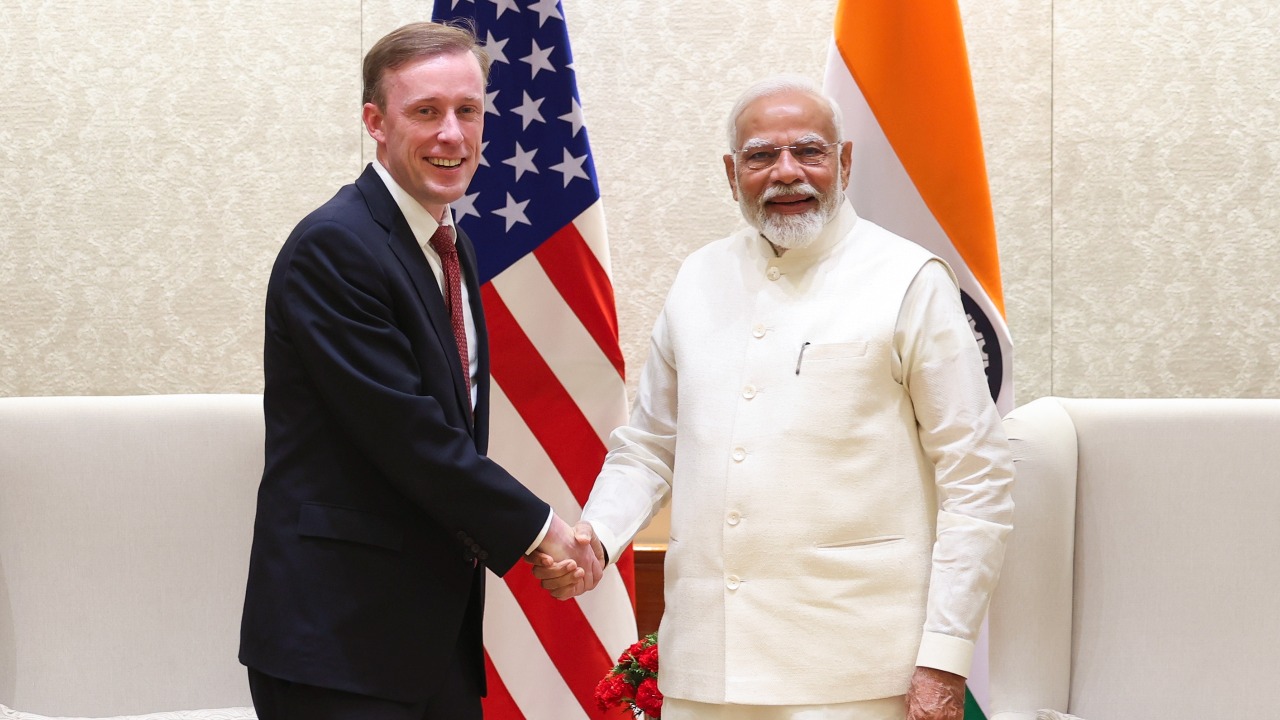US Removes Indian Entities from Curb List: A Strategic Shift in Bilateral Relations

On January 15, 2025, the United States Bureau of Industry and Security announced a significant decision to remove three key Indian entities—Bhabha Atomic Research Centre (BARC), Indira Gandhi Centre for Atomic Research (IGCAR), and Indian Rare Earths Limited (IREL)—from its Entity List. This announcement marks a critical step in fostering enhanced collaboration between the United States and India, particularly in the domains of civil nuclear technology and advanced energy partnerships. The decision underscores a broader strategic vision to strengthen ties between the two nations, reflecting a shared commitment to advancing energy security and joint technological progress. This pivotal move aligns with prior assurances made by US National Security Advisor Jake Sullivan, who had emphasized the Biden administration’s dedication to eliminating barriers impeding collaboration in nuclear technology. By removing these entities from the list, the US aims to pave the way for greater cooperation in research and development initiatives, thereby reinforcing its foreign policy goals centered on innovation, sustainability, and mutual growth.
The removal of these Indian entities from the Entity List carries profound implications for both countries. It signals a recognition of India’s growing role as a strategic partner in global energy and technological advancements. For India, this development opens up new avenues for collaboration with American institutions and industries, potentially accelerating the development of cutting-edge technologies in the nuclear energy sector. By fostering an environment conducive to joint innovation, the US and India can better address shared challenges such as energy security, climate change, and sustainable development. This move also highlights the increasing convergence of interests between the two nations in a rapidly evolving geopolitical landscape.
While strengthening ties with India, the United States simultaneously took a firm stance against China by adding 11 Chinese entities to its Entity List over national security concerns. This dual action reflects a deliberate and strategic pivot in US foreign policy. On one hand, the Biden administration is fostering partnerships with democratic nations like India to counterbalance growing authoritarian influences. On the other hand, it is adopting measures to curb the technological and military advancements of its strategic competitor, China. The inclusion of Chinese entities on the list underscores the US government’s apprehensions about China’s military modernization efforts and the potential misuse of dual-use technologies. By aligning its actions in this manner, the US is signaling a clear preference for strengthening alliances with like-minded nations while addressing threats to its national and global security interests.
The decision to delist Indian entities also represents a broader recognition of the strategic importance of Indo-US relations. Over the years, the partnership between the two nations has expanded beyond traditional trade and defense collaborations to encompass areas such as technology transfer, clean energy, and climate resilience. Removing barriers to cooperation in nuclear technology not only enhances bilateral ties but also reinforces the role of both nations as leaders in addressing global challenges. The focus on energy security and sustainable development underscores a shared vision for a future driven by innovation and resilience.
In conclusion, the removal of BARC, IGCAR, and IREL from the US Entity List is a landmark development that strengthens the foundation for deeper collaboration between India and the United States. It signifies a shift towards a more inclusive and cooperative approach to addressing global challenges, with energy security and advanced technology partnerships at the forefront. At the same time, the addition of Chinese entities to the list highlights the complexities of contemporary geopolitics, where fostering alliances and countering threats are intertwined. This dual strategy not only enhances the US’s foreign policy objectives but also positions India as a critical partner in shaping a secure and sustainable global future. The move serves as a testament to the evolving dynamics of international relations, where partnerships based on shared values and strategic interests take precedence in an increasingly interconnected world.
Posted By: Shraddha
.gif)
.gif)


(1).png)

%20(600%20%C3%97%20386px)%20(600%20%C3%97%20329px)%20(500%20%C3%97%20281px)%20(450%20%C3%97%20281px)%20(450%20%C3%97%20253px)%20(386%20%C3%97%20238px).jpeg)
%20(600%20%C3%97%20386px)%20(600%20%C3%97%20329px)%20(500%20%C3%97%20281px)%20(450%20%C3%97%20281px)%20(450%20%C3%97%20253px)%20(450%20%C3%97%20250px).jpeg)
.jpg)
.jpeg)